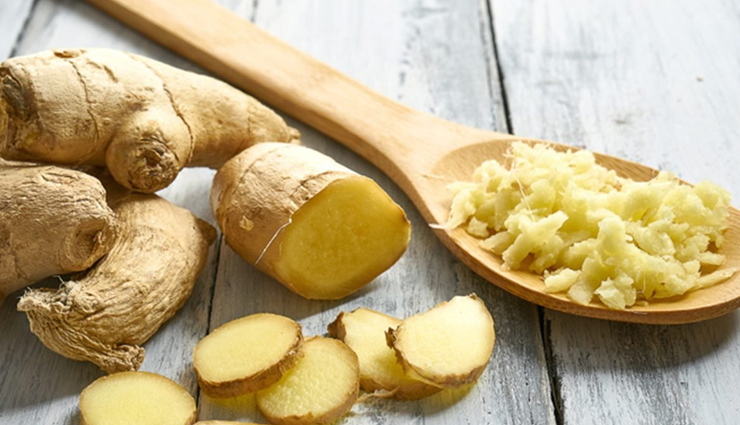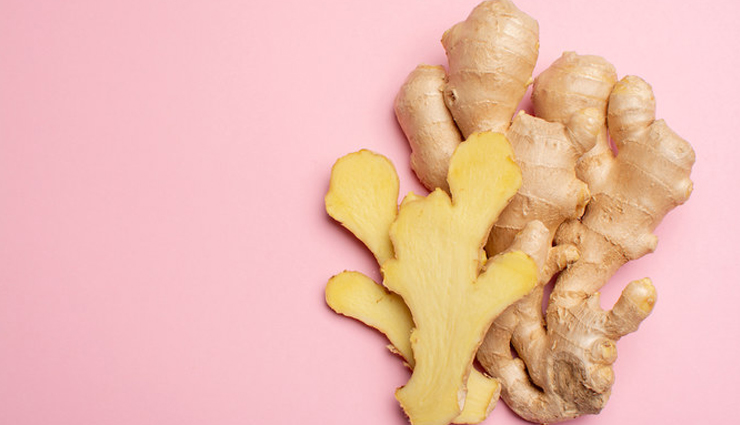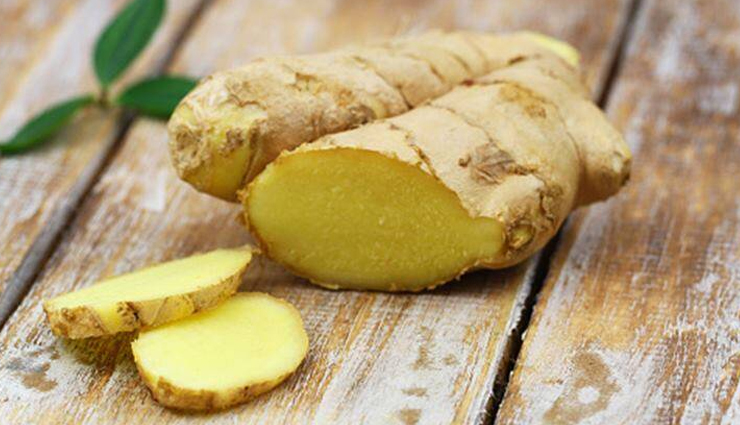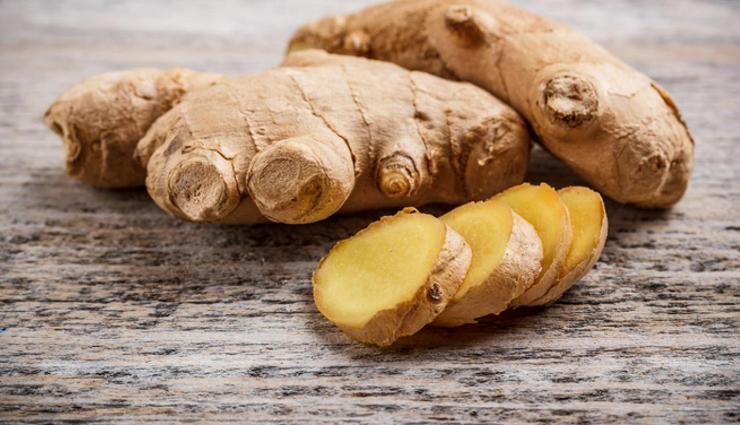- Home›
- Healthy Living›
- 7 Reasons Why Consuming Ginger During Winters In Good For Your Health
7 Reasons Why Consuming Ginger During Winters In Good For Your Health
By: Priyanka Maheshwari Sat, 09 Jan 2021 1:30:41

Ginger is a herb with medicinals qualities that is used as a spice. This underground stem can be used fresh, powdered, dried, or as an oil. We've all experienced unrelenting nausea at some point or another. At these times, you're first instinct may be to turn to over the counter medications; however, ginger works as a simple, effective antidote.
For thousands of years, Arabic, Indian, and Asian healers prized ginger as food and medicine. This tropical plant, in the same botanical family as turmeric and cardamom, was effectively used to relieve nausea and vomiting caused by illness and seasickness.
# Ginger may quell the feelings of nausea and vomiting
A Brigham Young University study conducted experiments that simulated motion sickness. He then administered ginger to participants. The result: those that consumed ginger exhibited no vomiting and minimal nausea compared to those that did not consume ginger.

# Ginger may help alleviate suppressed menstruation
Ginger contains antispasmodic properties that stimulate menstruation in women who exhibit suppressed menstrual cycles or who lack them entirely (a condition known as amenorrhea).
# Ginger may help ease your sore throat
Ginger stimulates the salivary glands, which may help during times of congestion and sore throat.

# Ginger can serve as a detoxifying cleanser
Ginger stimulates the production of sweat. This facilitates removal of wastes through the skin and increases general circulation.
# Ginger could decrease the risk of constipation
Yet-undiscovered compounds in ginger may stimulate bowel movements and relieve constipation.

# Ginger may help prevent urinary tract infections
Ginger’s ability to enhance the regular flow of urine means that it may help ward off urinary tract infections, as well.
# Ginger can help prevent and fight kidney stones
Here we show a correlation between consumption of ginger and the treatment and prevention of kidney stones.





